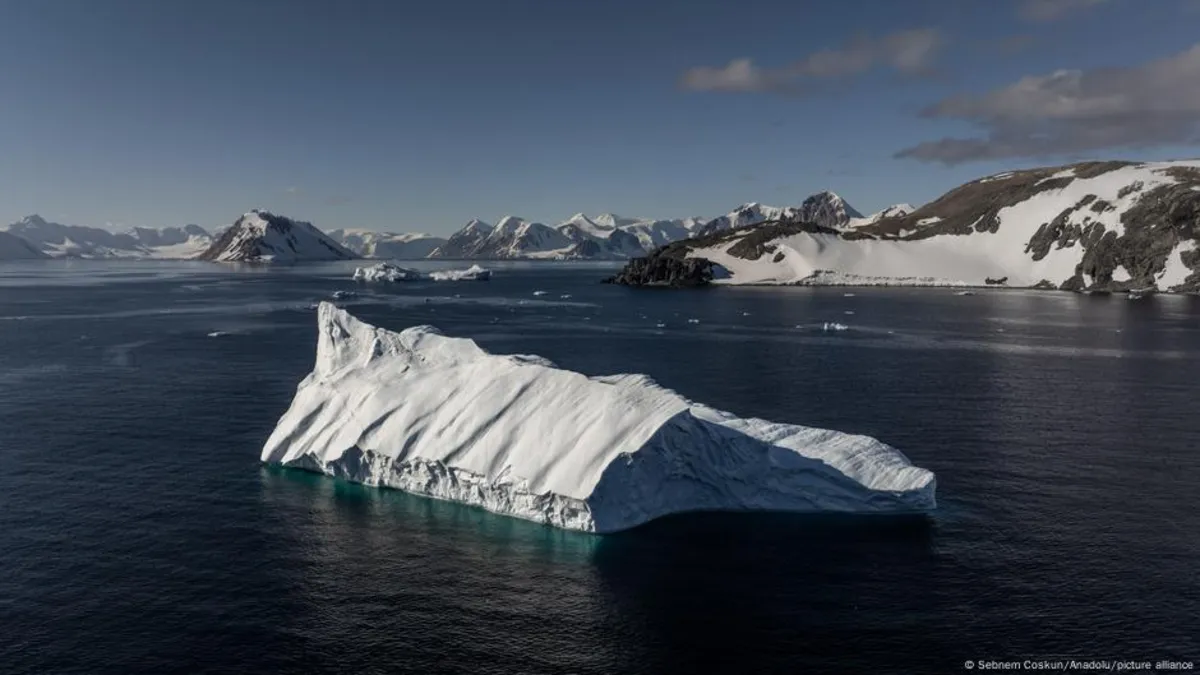
On Wednesday, scientists issued a stark warning about the abrupt and potentially irreversible changes occurring in Antarctica. This critical research, published in the prestigious journal Nature, highlights the alarming consequences of climate change for future generations. The study delves into the complex interplay of global warming effects on the Antarctic, the frozen continent located at the Earth's South Pole.
The findings reveal overwhelming evidence of a regime shift in sea ice, suggesting that Antarctica could become essentially ice-free during the summer months even sooner than the Arctic. This dramatic shift will not only accelerate warming in the region but also pose a significant threat to various marine species, pushing some toward extinction. According to the study's lead author, Nerilie Abram, who is a former professor at the Australian National University (ANU) and now serves as chief scientist at the Australian Antarctic Division, Antarctic sea ice may represent a critical tipping point in the Earth's climate system.
The study emphasizes the urgent need to curb global carbon dioxide emissions to mitigate the risk of major changes in the Antarctic. However, even with efforts to stabilize the climate, the research indicates that the loss of Antarctic sea ice is inevitable over the coming centuries. Abram stated, "Once we start losing Antarctic sea ice, we set in train this self-perpetuating process." This underscores the long-term commitment to changes that may be irreversible.
To arrive at these conclusions, researchers employed a variety of data sources, including observations, ice cores, and historical ship logbooks. Their analysis revealed that a rapid and substantial slowdown of ocean currents has already commenced. This shift is expected to trigger widespread climate and ecosystem impacts, including an intensification of global warming and a decreased capacity of the oceans to absorb carbon dioxide.
Notably, approximately 90% of the heat generated by human-induced global warming is absorbed by the oceans. Since 2014, Antarctic sea ice has retreated an average of 120 kilometers (75 miles) from the continent's coastline. This loss of ice poses a significant threat to wildlife, particularly species such as the emperor penguin, which relies on sea ice for breeding. Additionally, the decline in ice affects krill, a crucial part of the marine food web that feeds on algae growing beneath the ice. Warming waters are expected to further diminish phytoplankton populations, which play a vital role in drawing down large amounts of carbon from the atmosphere.
The urgency of the situation in Antarctica cannot be overstated. As researchers continue to monitor these changes, the need for immediate action against climate change becomes increasingly critical to protect both the continent and the global ecosystem.
Edited by: John Silk